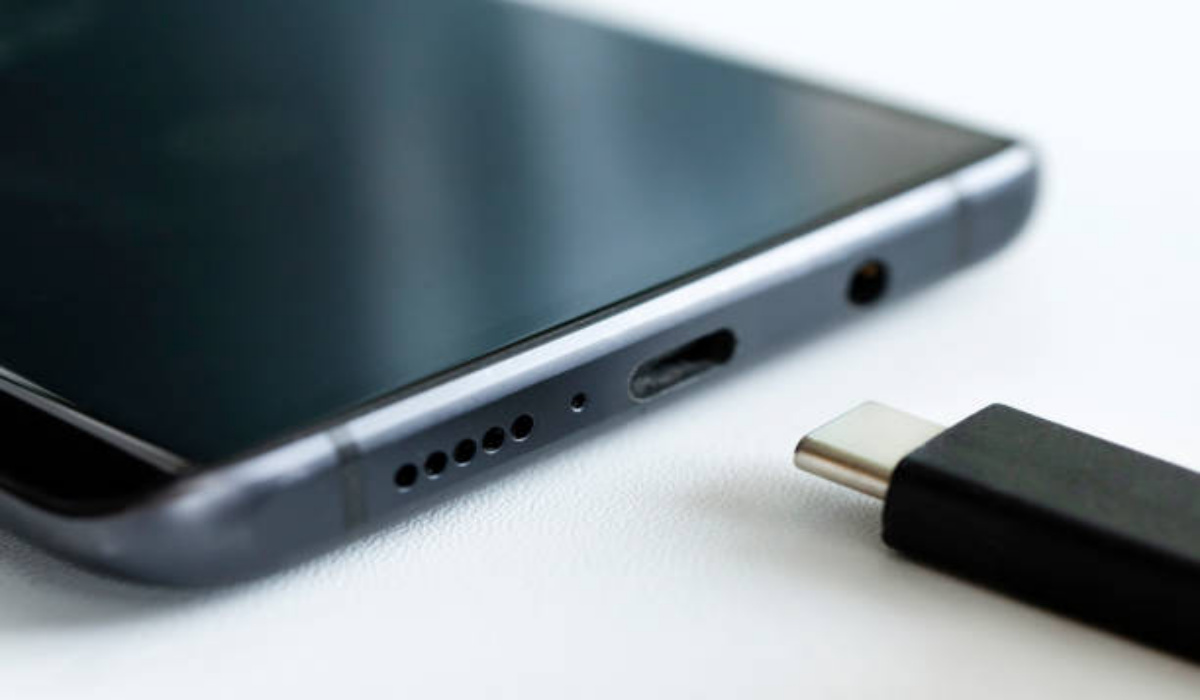When Android was first released, you could connect your smartphone to a computer and it would mount on its own. This meant that as soon as the USB connection was created, your computer’s internal storage would appear, and you could carry on with your tasks. However, that was altered in more recent iterations of Android to help with security.
Nowadays, when you connect your Android smartphone to a computer, it’s typically set to “No data transfer” by default. Then, before you get to transfer your files, you’ll see a notification on your status bar with a few options to choose from.

However, there’s a fast little trick you can perform if you would prefer to default to file transfer mode because you trust your computer with your smartphone’s data. We’ve provided the instructions you need to follow in this guide, so make sure to pay close attention.
How Do I Set USB Connections to File Transfer Mode By Default?
Achieving this on your Android smartphone is pretty easy as long as you’re equipped with the right instructions. The following steps will help you get this done easily.
Step 1: To set file transfer mode as your phone’s default mode for USB connections, you must first enable the system settings’ secret developer options. All Android phones follow the same procedure, but depending on the manufacturer, the placement of the settings may vary. Go to Settings -> About phone, scroll down, and quickly tap the “Build number” entry seven times.
The developer choices won’t be available until you enter your PIN or password if one has been set. You’ll then receive a notification that reads, “You are now a developer,” after doing that. You can go to the following stage now that everything is set.
The placement of the settings will differ slightly on a more recent Samsung phone, such as the Note 10 or Galaxy S10.
To do this on Note 10 devices:
- first, access the Settings menu by selecting “Settings” from the app drawer or by clicking the settings (gear) icon in the Quick Settings menu. This will enable developer mode. Select “Software information” on the next screen after selecting “About phone” at the very bottom of the page.
- Find the “Build number” option now, and quickly tap on it seven times. Your password, PIN, or gesture will then need to be entered.
- You will be returned to the previous page after confirming, where a toast message stating “Developer mode has been turned on” will appear.
To activate developer options on Galaxy S10 devices:
- Start by choosing “Settings” from the app drawer or hitting the gear symbol in the Quick Settings menu to access the main Settings menu (the menu will appear when you swipe downwards from the upper edge of any screen).
- Scroll to the menu button and choose “About phone” from there. Select “Software information” next.
- Tap “Build Number” seven times in quick succession as you scroll down. Your PIN, gesture, or password must be entered when requested. You’ll be taken back to the previous page after providing the necessary information, where a toast notification announcing that “Developer mode has been turned on” will appear.
Step 2: The new “Developer options” menu is now located at the very bottom of the user’s primary Settings screen, where it will be most accessible. If not, open Settings, select System, select Advanced, and then select “Developer options.”
Whatever method you used to get here, you can scroll about halfway down the page until you see the “Default USB configuration” area, and then tap it to advance to the following screen.
You should activate the “File transfer” or “Transferring files” option even if the current setting should be “No data transfer.” You can then leave the settings page and reconnect your Android phone to your computer after completing this. Once the USB connection has been established, it ought to automatically enter file transfer mode. You can now begin transferring your files.
In summary, the instructions above should help you easily set your USB connections on your Android smartphone to file transfer mode. Make sure to follow the instructions carefully to get it done easily.
- Don’t miss our mobile phone reviews.
- Follow our news on Google News.
- Join our WhatsApp Group, to be notified of the most important articles and deals,
- Follow us on Instagram, Facebook, Twitter, and YouTube.